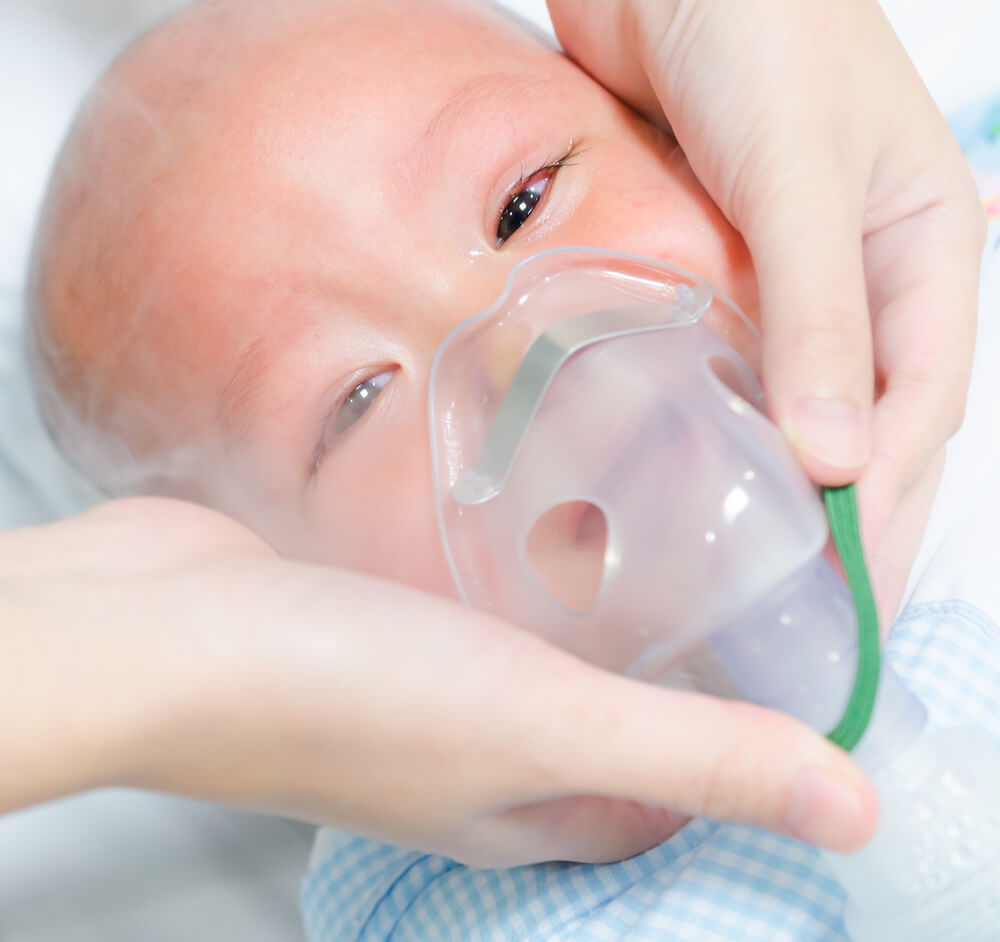What Causes This Condition?
Normally, cystic fibrosis gets passed down due to genetics. Basically, you inherit infant cystic fibrosis. As a chronic condition, this means that it can last for one year or even longer. In some cases, an individual will experience gene change. Parents also have the ability to pass gene changes onto their children. In some cases, the gene change doesn’t work in the way that it should. To have infant cystic fibrosis, they will have to inherit the CF gene from both parents. Experts estimate that one out of every 20 people carries the CF gene.

